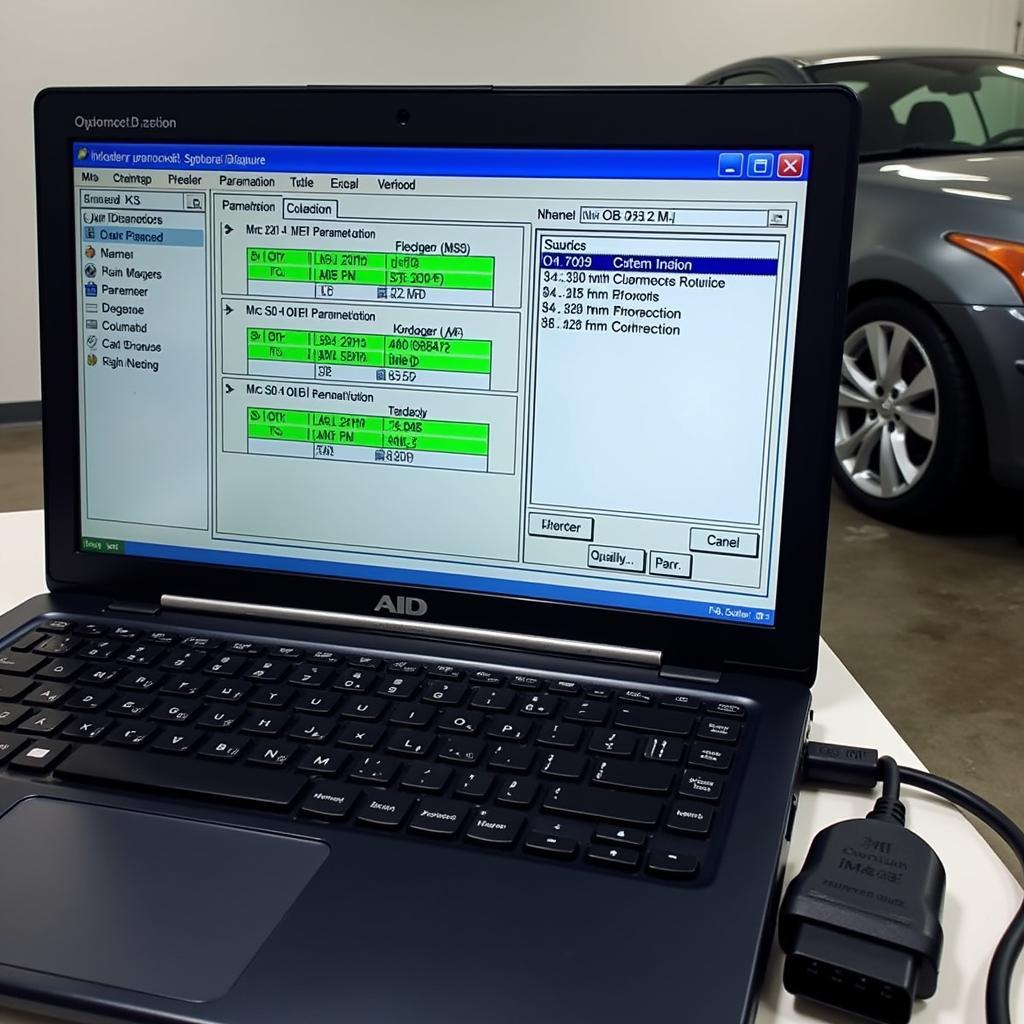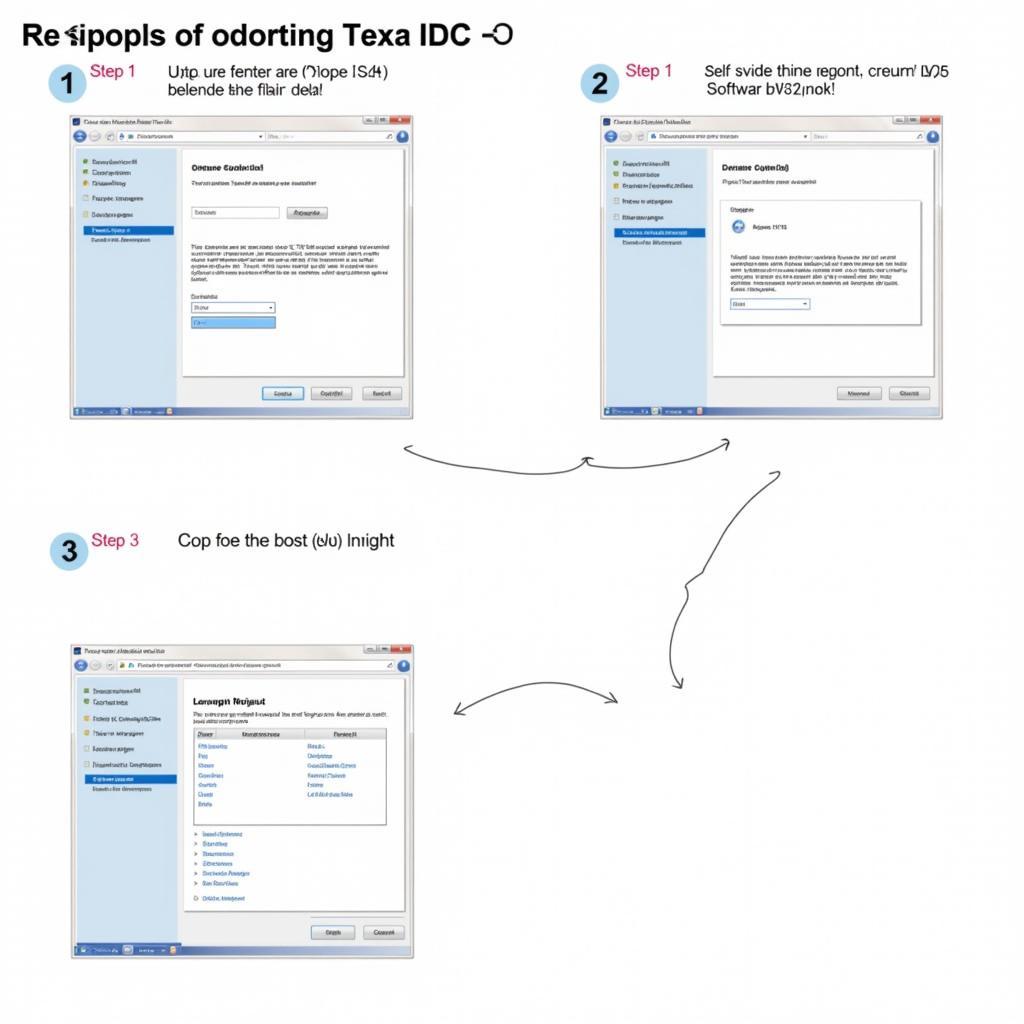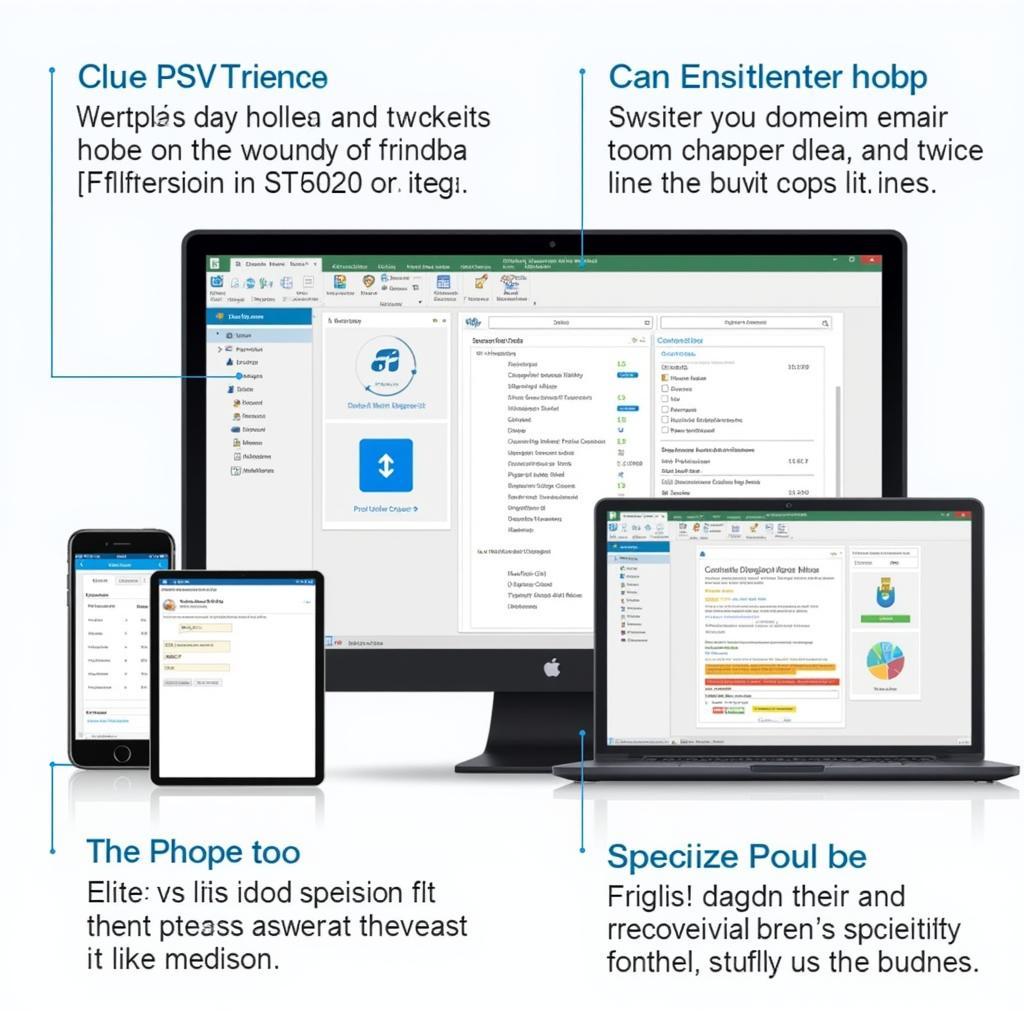Network diagnostics are crucial for troubleshooting connectivity issues. But does every computer come equipped with a network diagnostic tool? The short answer is yes, virtually all modern operating systems include built-in network diagnostic tools. These tools can help identify and sometimes even fix common network problems.
Understanding the network diagnostic tools available on your computer can save you time and frustration. Whether you’re a car owner experiencing connectivity problems with your vehicle’s diagnostic system, a repair shop owner dealing with network issues across multiple devices, or an automotive technician troubleshooting a specific car’s network, knowing how to utilize these tools is essential. This article will delve into the various network diagnostic tools available on different computer systems, how to use them effectively, and what kind of information they can provide. We will also explore specialized diagnostic tools used within the automotive industry.
Understanding Built-in Network Diagnostic Tools
Most operating systems, including Windows, macOS, and Linux distributions, offer built-in network diagnostic tools. These tools are designed to help users identify common network problems, such as incorrect IP configuration, DNS server issues, or hardware malfunctions. They can perform tasks like pinging a server to check connectivity, tracing the route data takes to reach a destination, and identifying any bottlenecks along the way.
For Windows users, the “Troubleshooting” feature can often automatically diagnose and fix common network problems. macOS offers the “Network Utility” which provides access to tools like ping, traceroute, and whois. Linux users have a variety of command-line tools available, such as ping, traceroute, netstat, and iwconfig (for wireless networks).
Similar to the concept behind the acer pc diagnostic usb preparation tool, these built-in tools aim to streamline the diagnostic process. They offer a first line of defense against network problems, allowing users to quickly pinpoint the source of the issue.
Diagnosing Network Issues in the Automotive Industry
Network diagnostics in the automotive world takes on a more specialized form. Modern vehicles rely heavily on complex networks to control everything from engine performance to safety systems. Diagnostic tools in this context are essential for identifying and resolving problems within these networks. These tools often interface directly with the vehicle’s onboard diagnostic system (OBD-II) port, allowing technicians to access real-time data and error codes.
Specialized diagnostic software and hardware are used to interpret this data. These tools can provide detailed information about the various electronic control units (ECUs) within the vehicle, helping technicians pinpoint the source of a problem. They can also perform tests on specific components, such as sensors and actuators, to ensure they are functioning correctly.
Just like concerns about a heavy duty diagnostic scan tool truck car snap on virus, security is a crucial aspect of automotive diagnostics. Ensuring the integrity and security of diagnostic software and hardware is essential to prevent unauthorized access or manipulation of the vehicle’s systems.
Utilizing Third-Party Network Diagnostic Tools
While built-in tools are useful for basic troubleshooting, third-party network diagnostic tools offer advanced features and capabilities. These tools can provide more in-depth analysis of network traffic, identify security vulnerabilities, and offer more comprehensive reporting. Some popular examples include Wireshark, Nmap, and tcpdump. These tools can be valuable for network administrators, security professionals, and advanced users who need more granular control over their network diagnostics.
Issues like a tsc diagnostic tool port open error can often be more easily diagnosed and resolved using these specialized tools, as they provide detailed insights into network communication.
Why Network Diagnostic Tools Are Important
Network diagnostic tools play a vital role in maintaining network connectivity and troubleshooting problems. They can help prevent downtime, improve network performance, and enhance security. Whether you’re a home user or a professional technician, understanding and utilizing these tools is essential in today’s connected world. If you’re experiencing problems like an intel diagnostic tool fail, understanding the underlying issues can be crucial.
Similarly, the hp pc diagnostics tool is another valuable resource for troubleshooting specific hardware and software issues on HP computers.
Conclusion
Almost every computer system comes equipped with some form of network diagnostic tool. These tools, whether built-in or third-party, are essential for maintaining network health and resolving connectivity issues. From basic troubleshooting to advanced network analysis, these tools empower users to take control of their networks and ensure smooth operation. For further assistance or specialized diagnostic solutions, feel free to connect with us at ScanToolUS. Our team of experts is available to help you with any automotive or computer network diagnostic needs. You can reach us at +1 (641) 206-8880 or visit our office at 1615 S Laramie Ave, Cicero, IL 60804, USA.



